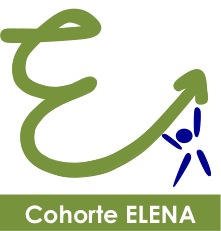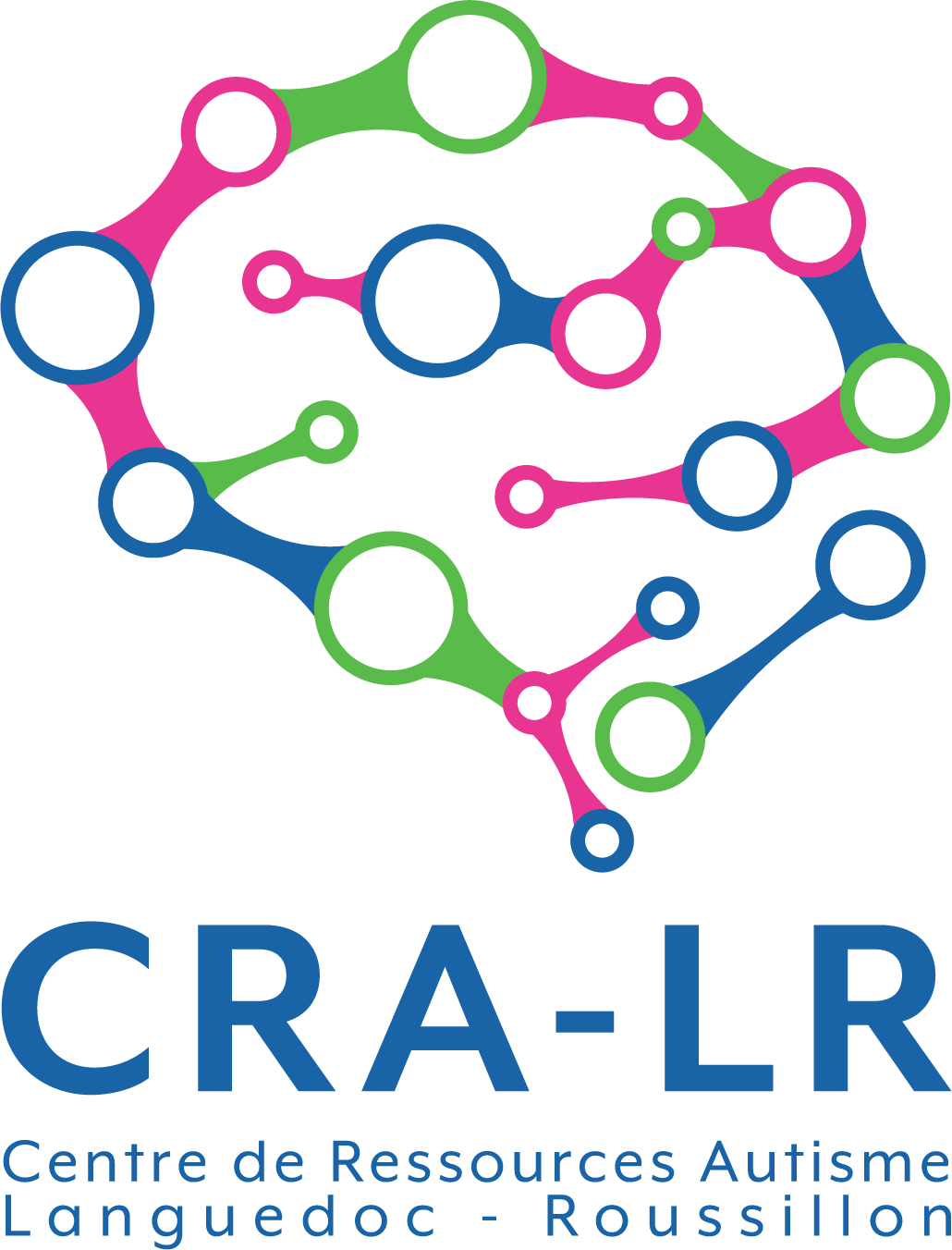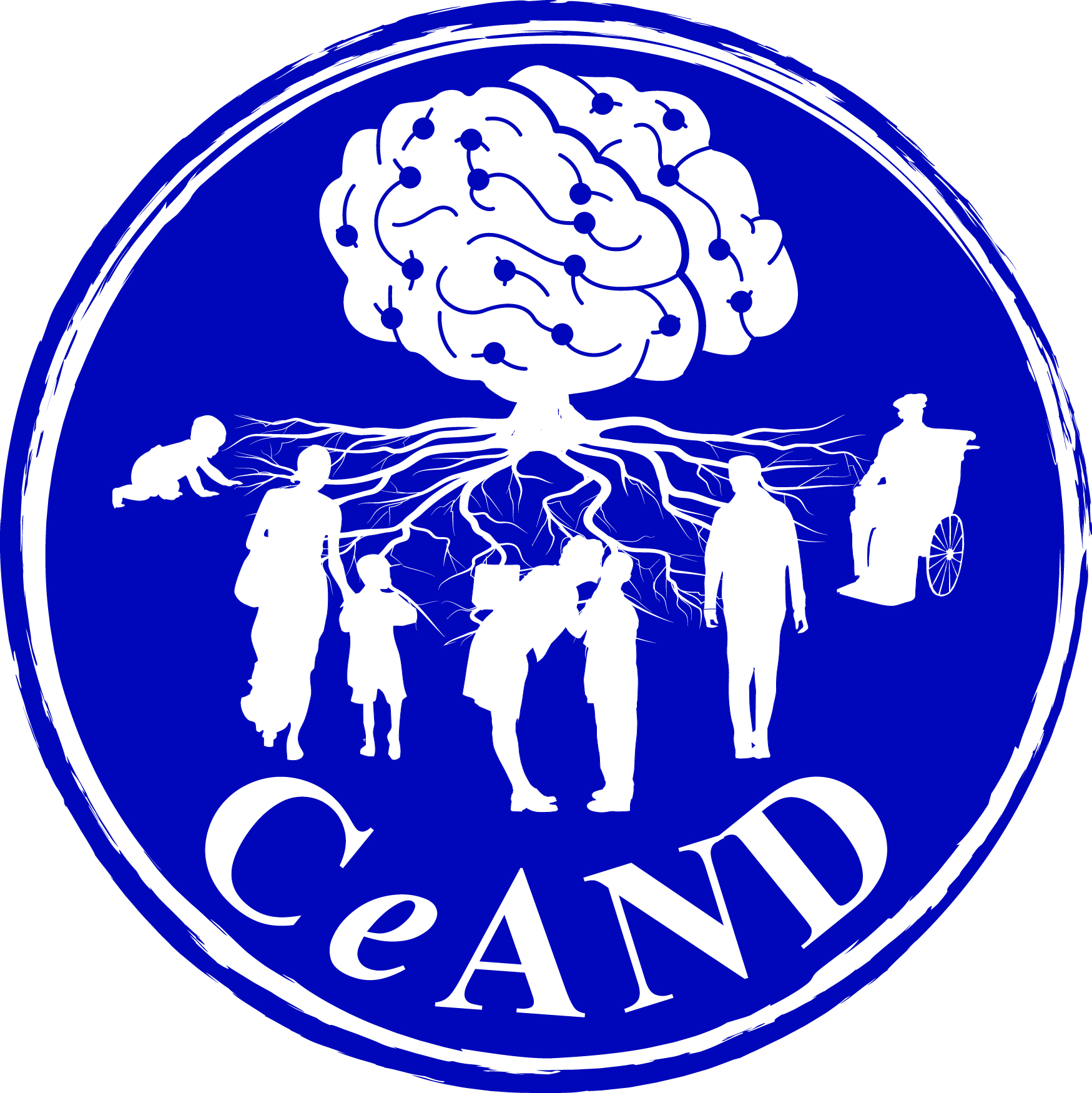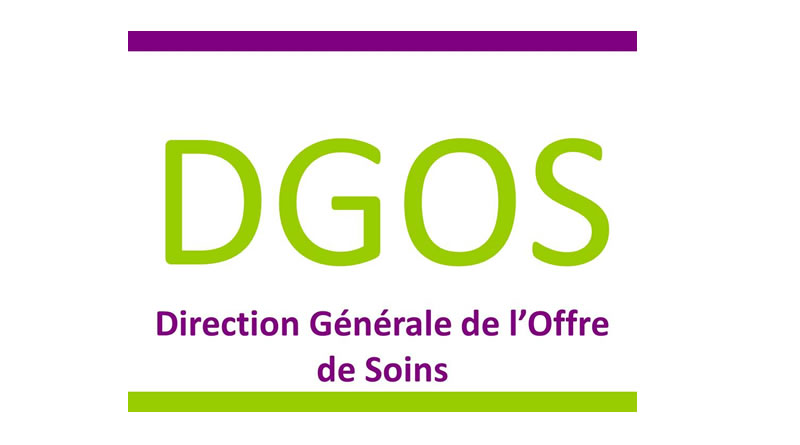Background
Autism spectrum disorder (ASD) is an ea rly neurodevelopmental disorder characterized by the combination of impaired social communication, stereotyped behaviors, and restricted interests. The expression of ASD varies significantly among individuals. Indeed, the severity of clinical profiles varies depending on the intensity of ASD symptoms and their association with other disorders, such as intellectual developmental disorders or the presence of problem behaviors.
rly neurodevelopmental disorder characterized by the combination of impaired social communication, stereotyped behaviors, and restricted interests. The expression of ASD varies significantly among individuals. Indeed, the severity of clinical profiles varies depending on the intensity of ASD symptoms and their association with other disorders, such as intellectual developmental disorders or the presence of problem behaviors.
Exclusive breastfeeding is recommended for a minimum of six months by the WHO for due to its nutritional benefits and contribution to immune function. In the general population, breastfeeding has been shown to influence cognitive performance in young children. It has also been suggested that early feeding, particularly breastfeeding, may be an environmental factor associated with ASD. Several studies have shown that the prevalence of breastfeeding (any or exclusive) is significantly higher among neurotypical children than those with ASD. Others have shown that breastfeeding is associated with a decreased risk of developing ASD.
To date, no study has examined the relationship between breastfeeding and the clinical severity of ASD. We will investigate the hypothesis that breastfeeding has a pro-cognitive effect and is thus associated with less severe clinical profiles of ASD.
Objectives
The first objective is to identify breastfeeding patterns and potential barriers encountered during the first year of life.
The second objective is to evaluate whether the initiation or duration (any or predominant total) of breastfeeding is associated with the severity of the clinical profile of children with ASD measured at inclusion in the ELENA cohort through ASD symptoms (ADOS-2, SRS-2), the intelligence quotient, adaptive behaviors (VABS-II), and aberrant behaviors (ABC).
Methods
The study focuses on children included in the ELENA cohort with a confirmed diagnosis of ASD. An "Early Feeding Mode" questionnaire was created by the ELENA team and sent to families between September and November 2021. Measures of ASD symptom severity (ADOS-2, SRS-2), intelligence quotient, adaptive behaviors (VABS-II), and aberrant behaviors (ABC) at inclusion were extracted from the ELENA database.
Results
Analyses in progress.
Partners
This project is led by the University Hospital of Montpellier and coordinated by Pr Amaria Baghdadli. This project benefits from the financial support of the DGOS within the framework of the Programme de Recherche sur la Performance du Système de Soins (PREPS).
Crédit photo : ©freepix.com




